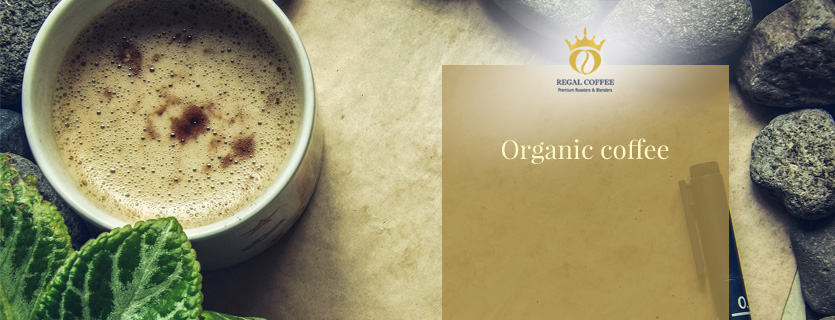
You can get your daily dose of caffeine without damaging yourself and the planet.
Coffee is one of the most common and traded commodities in the world with nearly 120 million sacks of coffee produced annually. Most consumers have learned to recognise Coffee variety, origin, brand and have a preference for the method of preparation and consumption. But one of the main divisions in the coffee comes more during its manufacture. Depending on how it’s been grown coffee, and that has been treated with chemicals, it is conventional coffee or organic coffee.
Of all conventionally produced food coffee is best treated with chemicals product. Before becoming in the awakening dark liquid in your cup, coffee has taken a worthy amount of synthetic fertilisers, petroleum-based, which slowly destroy the fertile soil and seep into groundwater. Therefore, choosing organic coffee, you help even one billionth fraction of reducing toxic chemicals in nature.
Generally speaking, organic coffee is a coffee in which production are not used pesticides, herbicides and fertilisers. Instead, in the cultivation of organic coffee using only organic fertilisers such as compost, for example. Organic products are generally more expensive, and the reason is in the process under which are grown and produced.Ordinary coffee can contain residues of synthetic chemical fertilisers or pesticides. They may lead to the development of cancer, disorders associated with the nervous system, hormonal imbalance, or irritation of skin and eyes according to the Agency for the Protection of the environment in the United States. The consumption of organic coffee will avoid the side effects of harmful residues.
According to proponents of organic farming, the elimination of chemicals from coffee production has several major benefits: less pollution of the environment – air, land and water, healthier farmers mostly – cleaner and quality coffee beans. In this sense, the choice of organic coffee and environmental choices, which would help the conservation of nature and its resources.
Organic farming is more environmentally friendly, but also more expensive. Not surprisingly, most farmers choose to treat crops with chemical fertilisers – for them is the quickest option to hedge against losses. With risks of organic farming and rising costs, and hence the cost of the final product. According to representatives of Genikus coffee, the price difference between conventional traders coffee and organic coffee is normal to reach 4-5 euros per kilogramme. But the higher price is worth to be paid, because of the pure taste and aroma of espresso prepared with organic coffee. Organic coffee is really more expensive, but according to fans of organic agriculture, it is an investment in the future of both yourself and the planet.
Along with the ability to refresh in the morning and bring energy boost consumption of organic coffee may also reduce the risk of chronic disease and increase life expectancy. And it is also beneficial to the environment.
A study published in the journal Plant Foods for Human Nutrition found that antioxidants in organic coffee reduces oxidative stress in the body and therefore reduces the risk of developing various diseases. And reduce inflammation in the body.
Another study published in the Journal of Nutrition and Metabolism found that organic coffee helps prevent and treat diabetes by lowering blood sugar levels after eating.
To be sure, that you drink good coffee is better to buy it from well-known coffee wholesale suppliers which use organic coffee beans.


